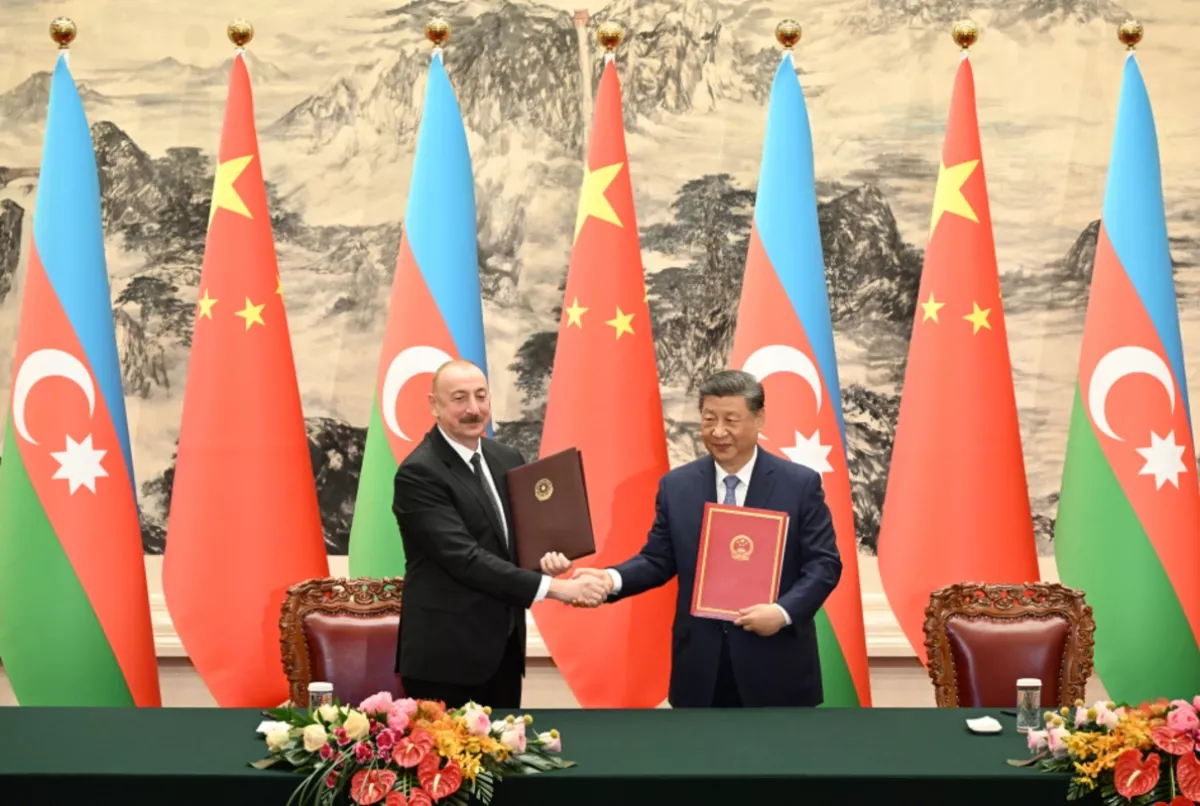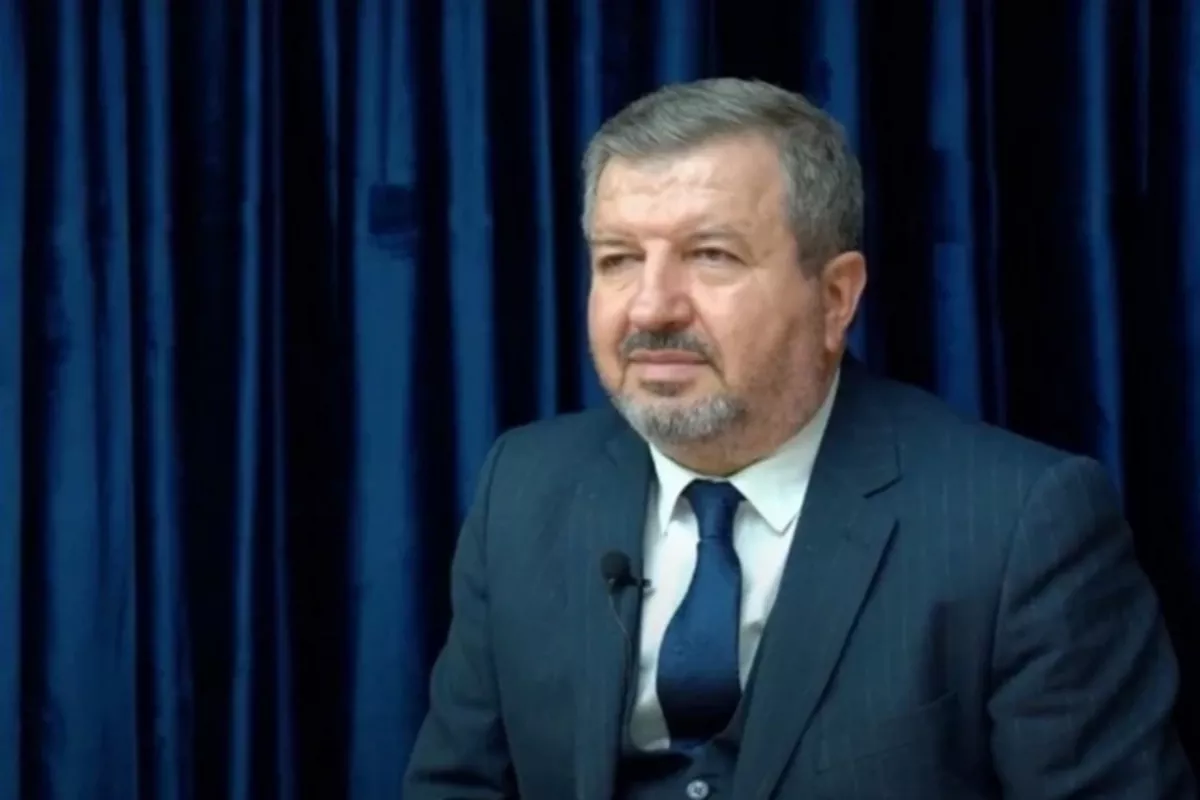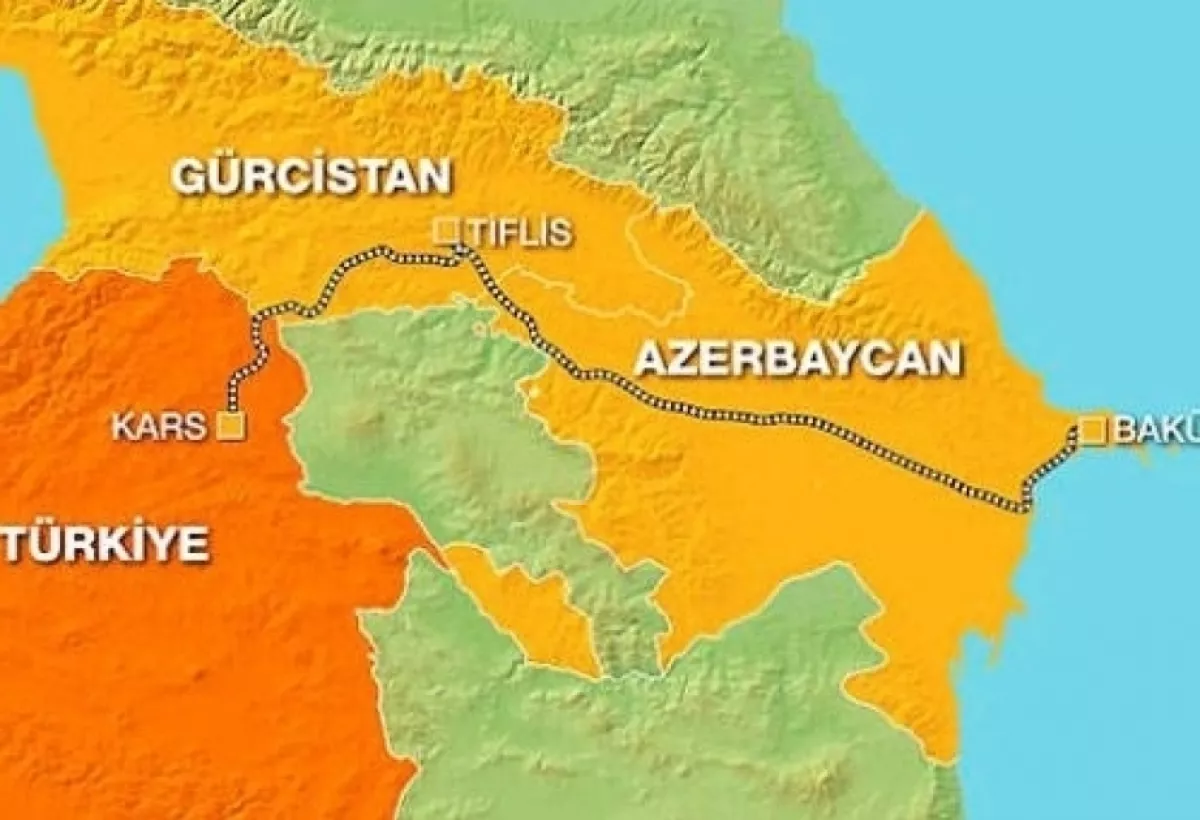Beijing – Baku – Ankara: Middle Corridor as platform for trilateral partnership Expert opinions on Caliber.Az
The “Joint Statement on the Establishment of a Comprehensive Strategic Partnership,” signed in Beijing during Azerbaijani President Ilham Aliyev’s state visit, opens up a wide range of opportunities and provides Baku with a tangible carte blanche for action both in the South Caucasus and beyond — including the development of the Middle Corridor’s transit potential toward Europe. Clearly, Ankara also plays a key role in this context — as Baku’s main ally and one of the principal transit hubs along this route.
A significant factor in the development of this logistics chain is that the Middle Corridor passes through the territories of Central Asian and South Caucasus countries, linking Turkic states into a single logistics structure, thereby fostering closer ties and multilateral cooperation.
This naturally raises the following questions: What are Ankara’s plans in this direction? And how does it view the growing ties between Baku and Beijing?

According to Turkologist Dr. Aigerim Zhampetova, a PhD and faculty member in Media Communications and the History of Kazakhstan at the International University of Information Technologies, the geopolitical landscape of Central Asia and the South Caucasus has recently undergone noticeable transformations, opening up new strategic opportunities for the countries of the region.
One of the key developments, she noted, was the recent visit of Azerbaijani President Ilham Aliyev to China, which resulted in the signing of around 20 agreements in priority areas such as transport, investment, digital transformation, and education.
In the expert’s view, the visit underscores Baku’s commitment to strengthening its multi-vector foreign policy and assuming a more active role in Eurasian integration initiatives.

“The emerging cooperation between Azerbaijan and China is built not only on mutual economic interests, but also on a strategic understanding of the significance of the Middle Corridor — a route linking East Asia with Europe via Central Asia, the Caspian Sea, and the Caucasus,” she noted.
With its key logistical potential, Azerbaijan is becoming a crucial link in the implementation of China’s Belt and Road Initiative. At the same time, despite China’s status as a powerful political actor, Türkiye appears ready to view Baku’s deepening ties with Beijing in a constructive light — as part of a broader policy of regional cooperation in which Ankara plays an active role.
Türkiye is likely to seek to capitalise on the new logistical routes to expand trade and strengthen its position as a transit hub between East and West, while maintaining its course toward economic integration.

Ankara is striving to maintain a careful balance: strengthening its cooperation with Azerbaijan within the framework of the Shusha Declaration, while also integrating into broader transport and infrastructure initiatives — including those supported by China. Türkiye clearly recognises the benefits and is eager to embed itself in the Eurasian logistics network.
“In the context of the growing importance of the China–Kazakhstan–Azerbaijan–Türkiye–Europe transport corridor, Ankara is interested in its modernisation and alignment with its own infrastructure projects. This includes the development of the Trans-Caspian International Transport Route, which could reinforce Türkiye’s status as a key link in the transit chain between China and European countries,” said Zhampetova.

According to Turkish political analyst Professor Togrul Ismayil of Kahramanmaraş Sütçü İmam University, the signing of an expanded strategic agreement between Azerbaijan and China is certainly of interest to Türkiye — particularly in the context of Ankara’s strategy to enhance its role in Eurasian transit, energy, and geopolitics. He noted that Türkiye is already actively positioning itself as a key component of the Middle Corridor, and Baku’s deepening ties with Beijing could bring both new opportunities and certain challenges for Ankara.
“Ankara views the strengthening of relations between Baku and Beijing as a positive signal for regional integration — not least because Türkiye traditionally sees Azerbaijan’s close ties with other major powers as a means of reinforcing broader Turkic and Eurasian cooperation.
Beijing is also interested in diversifying its transport routes — especially against the backdrop of geopolitical tensions in Russia and instability along maritime routes — which naturally enhances Türkiye’s role as the ‘gateway to Europe.’ However, Türkiye may begin to watch with caution if China’s influence in the South Caucasus and the Caspian region grows in ways that bypass Turkish interests or limit Ankara’s participation in logistical schemes,” Togrul Ismayil noted.
In his view, the Baku–Beijing–Ankara triangle presents clear advantages for Türkiye, and Ankara is fully aware of and factoring in these dynamics.

"First and foremost, this means increased transit revenues from the growing freight traffic along the China–Kazakhstan–Azerbaijan–Georgia/Türkiye–Europe route, as well as the strengthening of Türkiye’s political role as a key intermediary and partner in Eurasian trade. Such cooperation is crucial for Türkiye as it stimulates the development of its own infrastructure projects — such as the Baku–Tbilisi–Kars railway and the ports in Mersin and Istanbul — and deepens engagement with China within the framework of the Belt and Road Initiative," Ismayil noted.
In his view, Türkiye’s potential initiatives will likely include the activation of the Organisation of Turkic States as a politico-economic platform for coordinating Eurasian projects, as well as the expansion of logistics agreements with Azerbaijan, Georgia, and Central Asian countries.
“Türkiye will undoubtedly aim to strengthen its political and economic dialogue with China to maintain a balance of interests within the Middle Corridor framework. It will also focus on developing digital infrastructure and logistics hubs on its own territory. As a pragmatic actor, Ankara will likely seek to integrate itself into China–Azerbaijan agreements, thereby reinforcing its value as an indispensable component of these transit schemes,” Ismayil concluded.








